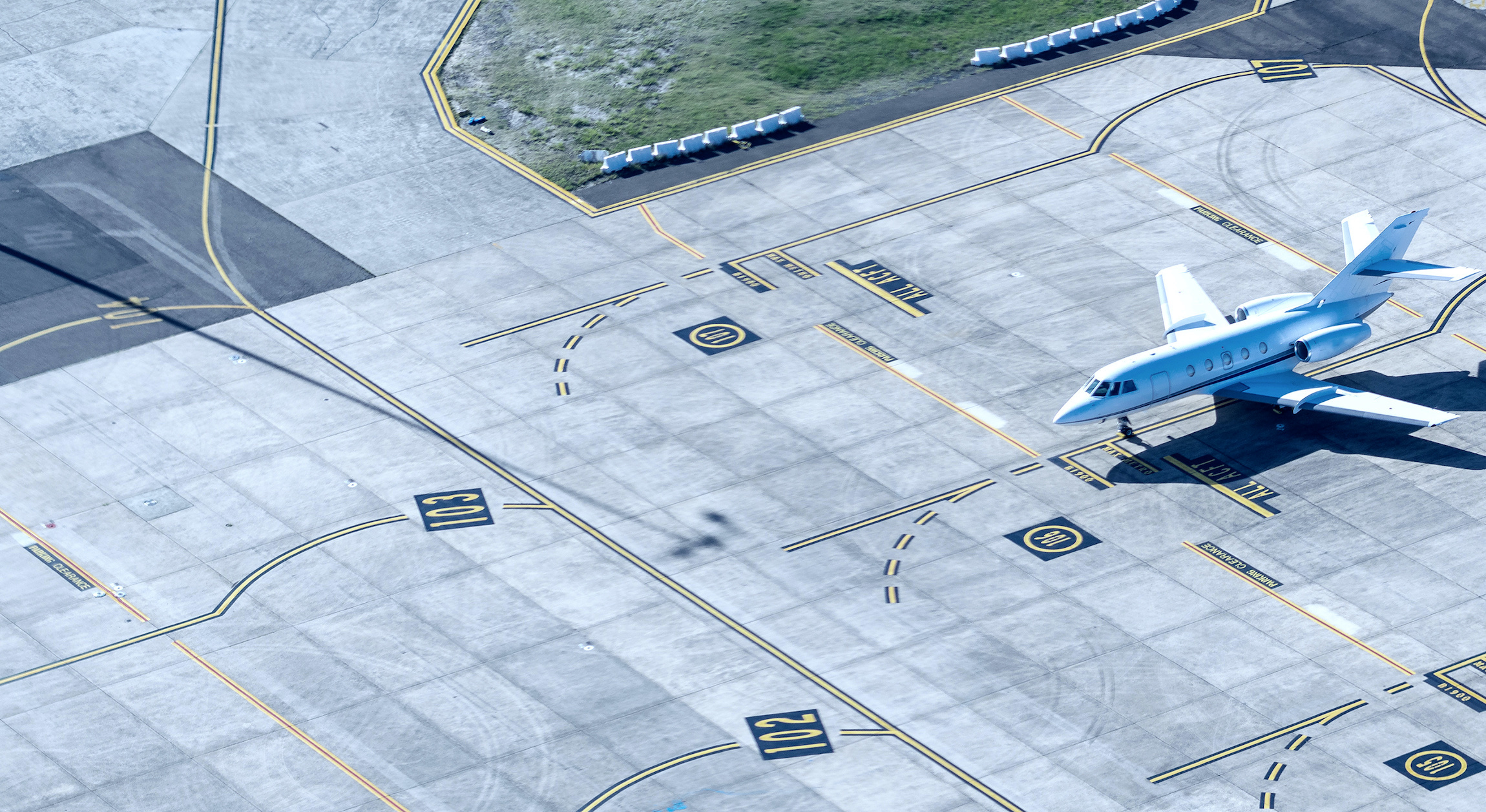
Commercial Course
Pursuing Mastery
From high-altitude aerodynamics to crew concepts to evaluating yourself as a professional aviator, this course pushses well-beyond the checkride.
Is This Course Right for You?
You’re in the right place if you’re excited about what comes next. As you build time, opportunities open up: instructing, survey flying, turbine SIC gigs, and more. This course makes sure you’re ready for all of them.
This course includes in-depth discussions on advanced aerodynamics, jet and high-altitude operations, and a practical breakdown of your commercial privileges and limitations, so that you not only understand what you can do, but why.
Course Philosophy
The Commercial Pilot ACS specifically refers to mastery. A lot of commercial training is review, but much more is expected of applicants. This course focuses on empowering pilots to pursue mastery, in training and for the rest of their careers. While most applicants will take their practical test in a single-engine piston airplane, this course includes valuable real-world information about subjects like jet flying, high-altitude aerodynamics, and pressurization systems, because commercial pilots often need this knowledge sooner than they’d expect.
Here’s what’s in your course.
Simple, Effective Lectures
Concise online lectures that use a virtual blackboard style to help you grasp complex aviation concepts.
Study Resources
Access our extensive resource library, featuring over 40 visual handouts, and comprehensive study guides, including a thorough explanation of Commercial Pilot privileges and limitations!
Simple, Effective Lectures
Concise blackboard-style lectures that break down complex commercial topics visually.
Knowledge Test Endorsement
Graduates receive an endorsement for the FAA Commercial Pilot Airplane (CAX) written test.
Expert Instructors
Built by commercial pilots with experience across corporate, airline, and instructional environments.
Part 119 In Depth
Not just a summary of the rules. We dig into the why behind your commercial privileges and limitations.
Jet & High-Altitude Operations
Swept-wing aerodynamics, pressurization, transonic flight, and more. New commercial pilots end up in jets sooner than they expect.
Instructor Access
Message your instructor directly through our built-in chat whenever you have a question.
Get Commercial and More
The Commercial course is included in our Learner package, along with Private, Instrument, and Multi-Engine.
Basic
For pilots in the early stages—while you’re still deciding if flying is for you.
$33/mo
Pause or cancel anytime.
What’s Included:
- Student Pilot Course
- Study with our iOS App
- Message your instructor
- Full access to the content library!
Learner
For pilots actively pursuing a certificate or rating, and especially those on a career track. Our most popular package.
$49/mo
7 day free trial. Pause or cancel anytime.
What’s Included:
- Everything in Basic, plus:
- Private Pilot Course
- Instrument Rating Course
- Commercial Course
- Multi-Engine Course
- Learn with classmates
- FAA Knowledge Test Endorsements
Aviator
For career pilots and lifelong learners. Lifetime access to every course—including future releases.
$573
Lifetime Access.
What’s Included:
- Everything in Learner, plus:
- Lifetime access
- The Airline Course
- Enrollment in all future courses.
Course Overview
Learning Objectives
- Proficiency in Commercial Pilot privileges and limitations, and ability to intelligently apply regulatory knowledge in real-world scenarios
- Internalize the mental concept of mastery in a flying career
- Develop sufficient knowledge to evaluate oneself as a professional aviator
- General understanding of fundamental crew concepts
- Basic understanding of jet/turbine systems and operations
- Thorough understanding of high altitude aerodynamics
- Recognize the importance of professionalism as a component of safety
Time Commitment
Dedicate 25-30 hours in total. 5 hours per week for 6 weeks is a good pace.
Quizzes and Exams
Test your preparedness for the Commercial Pilot Airplane Knowledge Test with a 100 question practice exam.
Graduation
Students graduate when they pass the practice exam with 90% or better.
Course Content
Instructor
James Jacobson
James is an experienced Certificated Flight Instructor (CFI/CFII/MEI), an aerobatics and upset recovery training (UPRT) instructor, tailwheel lover, and Captain and Line Check Airman for a U.S. Airline.
Frequently Asked Questions
-
What is a commercial pilot?
A Commercial Pilot certificate allows a pilot to be compensated for their services as a pilot. It’s a required step for careers in flight instruction, charter, corporate flying, and the airlines.
-
Can I fly people around for money like an Uber driver?
No. Commercial pilots may be compensated for their services, but must meet additional requirements to carry passengers or property for hire. This is one of the topics we cover in depth in the course.
-
What are the requirements to become a Commercial Pilot?
You must hold at least a Private Pilot certificate and meet the eligibility requirements in 14 CFR §61.123, which include, with limited exceptions, a minimum of 250 hours of total flight time.
-
Do I need a commercial certificate to become a flight instructor?
Yes. Under 14 CFR §61.183, a flight instructor applicant must hold at least a Commercial Pilot certificate or ATP. The commercial certificate is a prerequisite for your CFI, not just for commercial operations.
-
What written test will this course prepare me for?
The FAA Commercial Pilot Airplane (CAX) knowledge test. Graduates receive a written test endorsement upon completion.
-
How is this course different from other Commercial Pilot ground schools?
We go beyond the basics. Our curriculum includes advanced aerodynamics for jet and high-altitude operations, and a thorough breakdown of your commercial privileges and limitations. New commercial pilots can find themselves in turbine cockpits quickly, and we think they should be prepared for that.


